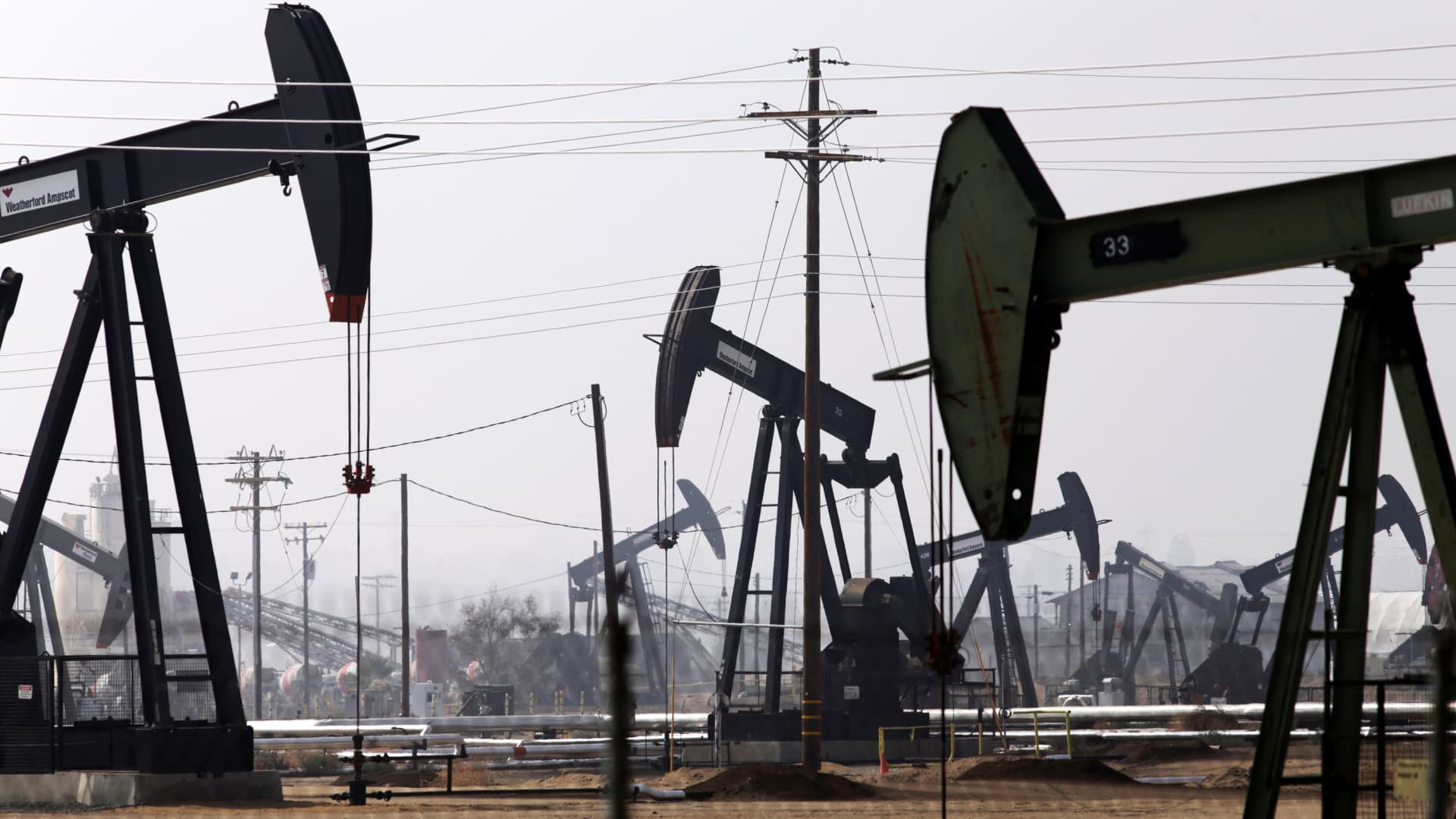
Adblock test (Why?)
"oil" - Google News
December 29, 2022 at 12:01AM
https://ift.tt/RDJrVnG
Oil expected to stay volatile in 2023, but the price could depend on China reopening - CNBC
"oil" - Google News
https://ift.tt/EakNjS5
Shoes Man Tutorial
Pos News Update
Meme Update
Korean Entertainment News
Japan News Update
Bagikan Berita Ini















0 Response to "Oil expected to stay volatile in 2023, but the price could depend on China reopening - CNBC"
Post a Comment